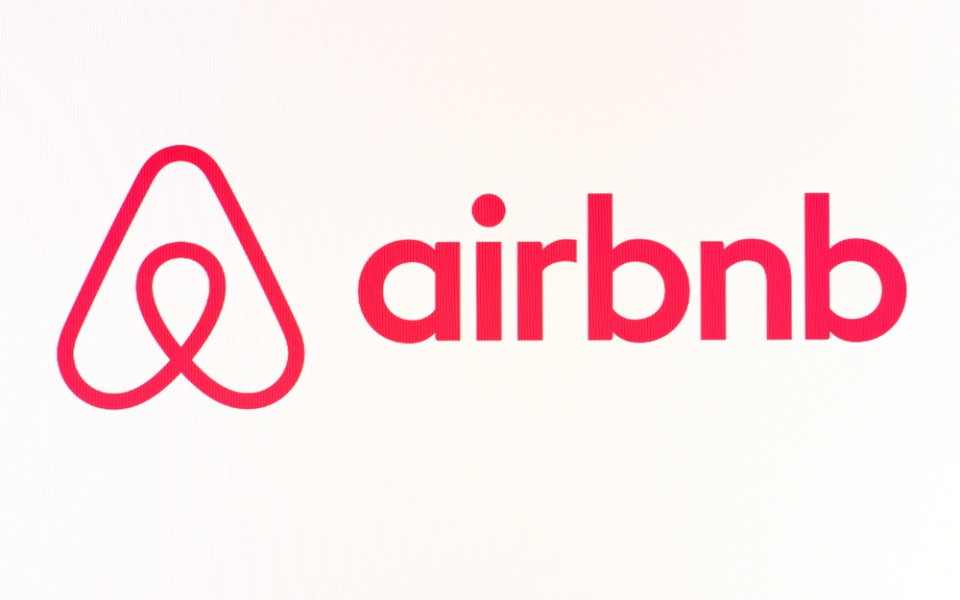By now you may have heard about the bitcoin, the financial tool that seemed to be all the craze in 2014. Bitcoins can seem complex at first, but are quite simple to use and are designed to be accessible.The US Treasury has classified the bitcoin as a decentralized virtual currency. Bitcoins are not controlled by any country or company, but rather by all of their users. Unlike currencies supervised by central banks, bitcoin supply is determined by a preset mathematical algorithm.
Bitcoins are attractive because they have capable security structures and they eliminate the middleman associated with most stock trades. All transactions are documented in a public ledger that has to be downloaded on every user's profile to ensure that anyone can verify the current owner of a set of bitcoins. The ledger is made up of a list of permanent, immutable data files called "blocks". Blocks are stored chronologically in the "block chain", a database containing every bitcoin trade. Bitcoin "miners" process and build these blocks.
To mine bitcoins means to use computer equipment to facilitate bitcoin transactions. Mining bitcoins involves performing trillions of mathematical hashing calculations that are unique to cryptocurrencies. Each of these calculations is called one hash and it takes upwards of 2 quadrillion hashes to build a single block.
While bitcoin merchant processors charge lower processing fees than banks do, the fees can still amount to lots of money. In addition to these fees, bitcoin miners will also receive a set number of bitcoins every time they complete a block. This set number halves every four years. It is currently at 25 bitcoins per block. Bitcoins gained via mining are new bitcoins, never having seen the market before.
The Bitcoin Group (COIN: ASX) is an Australian company that mines bitcoins. It recently began fundraising for an IPO and debuted on the Australian Stock Exchange in February. It is the first public bitcoin mining company. The IPO had been in the works for over one year. Each share is worth 20 cents and investors must purchase at minimum 2000 shares.
The company's IPO goal of 20 million Australian dollar was not achieved. In the end, the Bitcoin Group raised 5.9 million Australian dollars. Despite this major shortcoming, the company's CEO, Sam Lee, was optimistic: "It is sufficient for the company to execute its current strategy of expanding our footprint through acquiring new mining equipment".
While anyone can mine bitcoins from their personal computer, it is likely that for users of most machines, the revenue would barely outweigh the operating cost. That's why firms like Bitcoin Group gather specially dedicated equipment. Bitcoin group's likelihood to reap the benefits of mining is high primarily because of its developed and well-thought out technology infrastructure. For example, the Bitcoin Group only has factories located in Scandinavian countries and in China. These strategic places offer lower electricity and maintenance costs than anywhere else in the world.
Today, the Bitcoin Group makes up approximately 1.2% of all bitcoin mining activity so it's clearly not alone in its efforts. This is also evidenced by how quickly the global hashrate is increasing. In March 2015, the hashrate hovered around 300 million GH/s or 300 quadrillion hashes per second. Today, the hashrate is approximately 1.3 billion GH/s. More calculations are being processed than ever before.
But, with more miners, it has become increasingly more difficult to build blocks. This is an inbuilt feature of the bitcoin system algorithm to restrict the number of bitcoins that enter the market. In the future, mining companies may have to rely more on higher transaction fees than on bitcoin rewards.
Critics of bitcoins and bitcoin mining point to how it is used to fund illegal activity because even with all these preset formulas, it is unregulated. It is infamous for funding Silk Road. Lee noted that the IPO of the Bitcoin group could end this problem: "The public offer will mark a significant milestone for the broader industry because it will help to advance recent regulatory initiatives by the Federal Government aimed at bringing clarity and accountability around the benefits of bitcoin to Australian consumers and businesses."
As bitcoin becomes a safer currency, it will be used by more and more people. If its past is anything to go by, it has a bright future. In 2010, bitcoins were valued at less than one US dollar. By december 2013, they were worth 1100 US Dollars. Today, they hover around $400. But, data shows that they are used more today than they were in 2013. Transcations are becoming more frequent--Consumers will pay for everything from big macs to maserati's with bitcoins. In this rapidly changing world, perhaps there is great profit to be made from investing in mining firms like the Bitcoin Group.
Source:
blockchain.info
http://www.cnbc.com/2016/02/02/worlds-first-bitcoin-mining-ipo-falls-short.html
https://www.cryptocoinsnews.com/the-bitcoin-group-gets-an-investment-fund-before-the-launch-of-its-ipo/


















